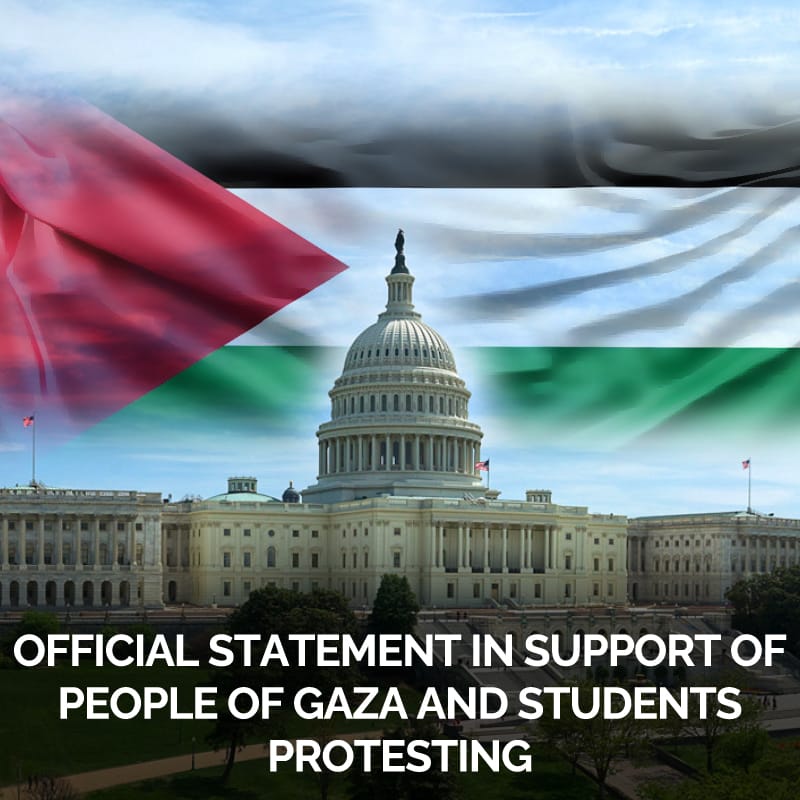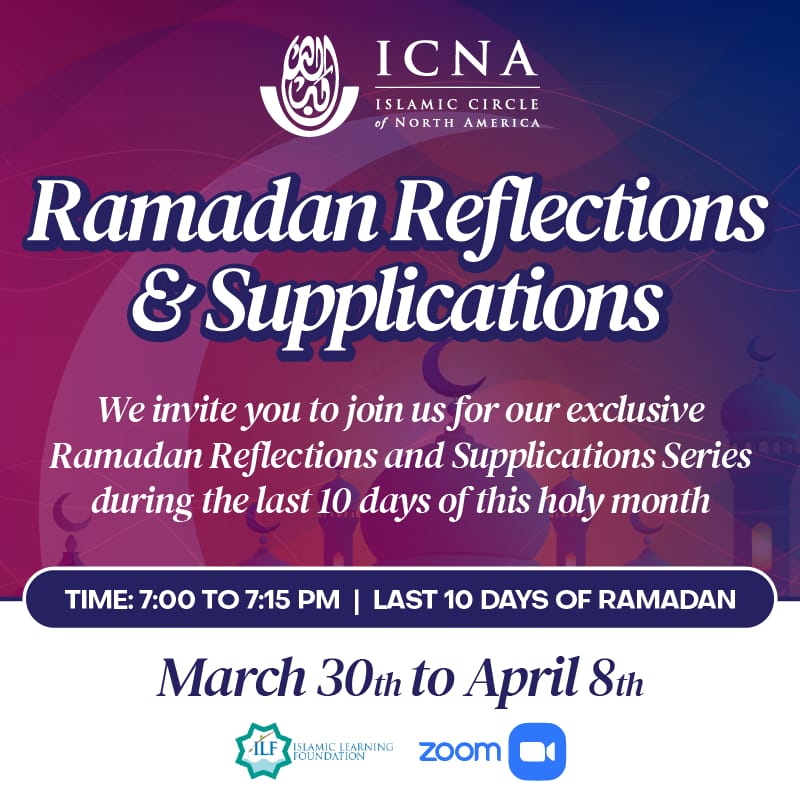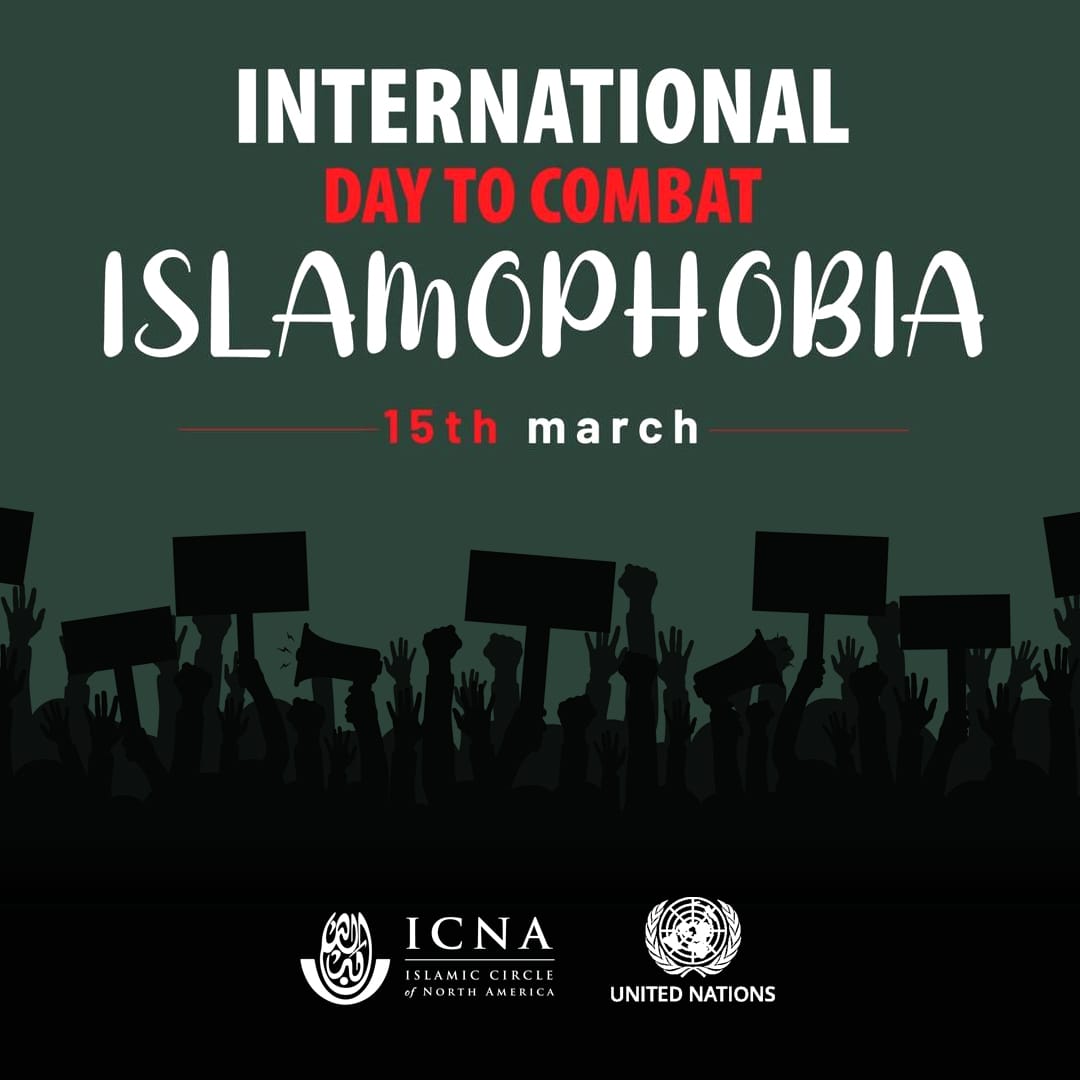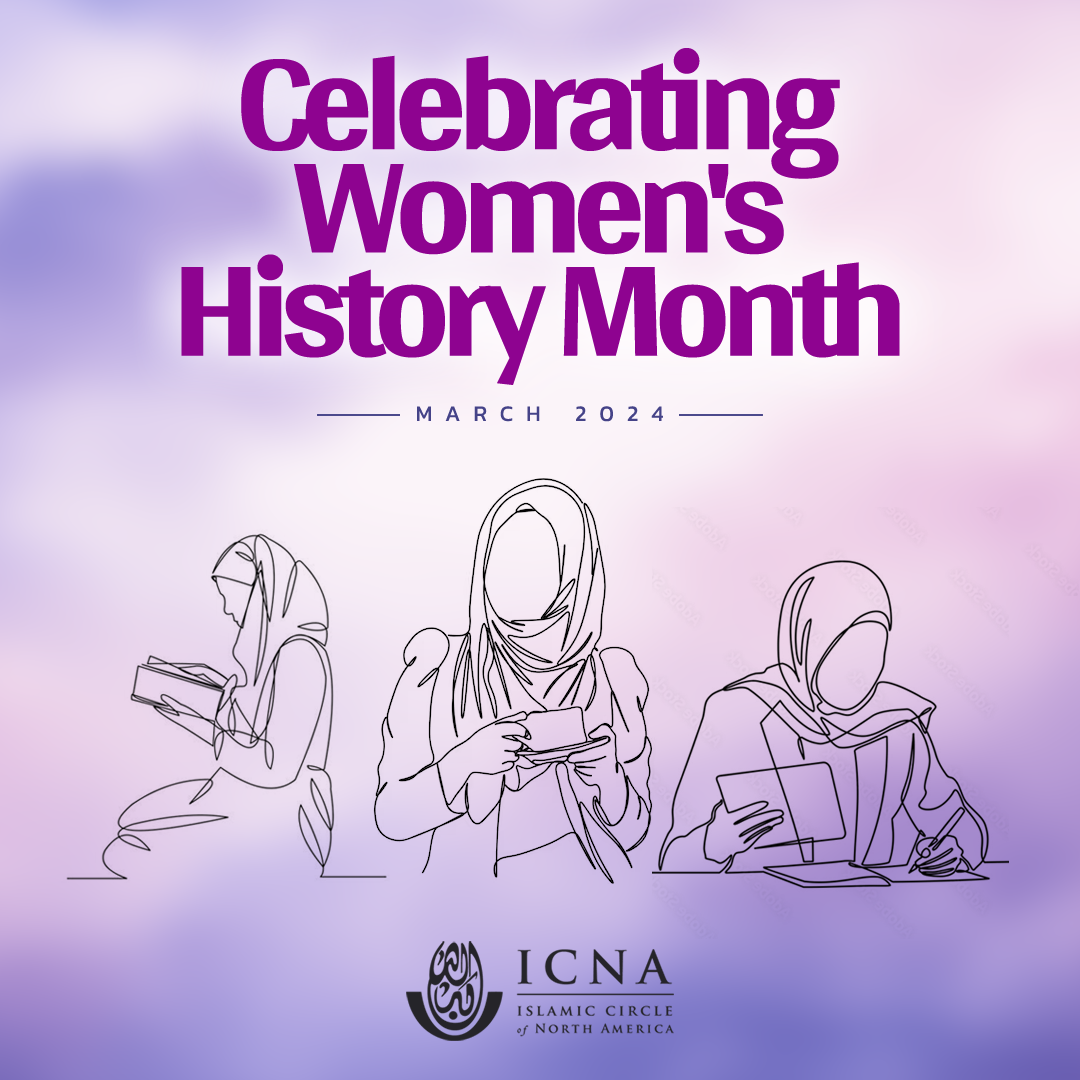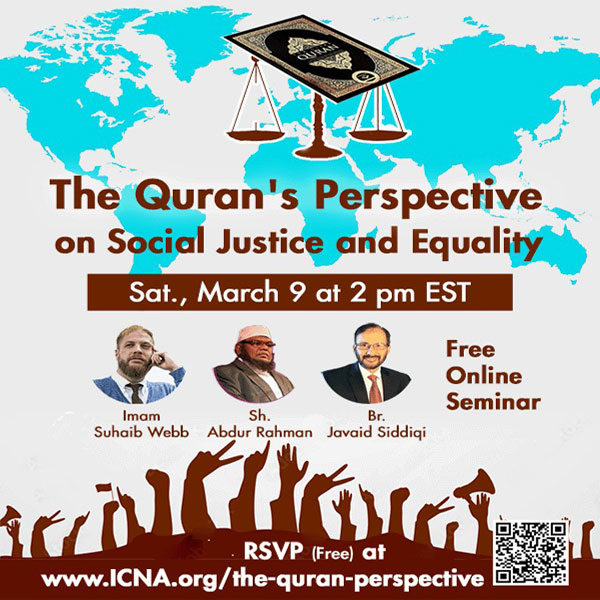
Eid Al Adha Mubarak
As-salāmu ʿAlaykum, All praises are due to Allah ﷻ alone. As the blessed month of Dhul Hijjah graces us once again, we extend our warmest greetings to you and your families. May the mercy, blessings, and guidance of Allah (SWT) be with you always. In this special edition of our newsletter, we would like to congratulate you on the auspicious occasion of the Day of Arafah and Eid-ul-Adha. These are moments of immense significance and reflection in the Islamic calendar, and we invite you to celebrate them with renewed devotion and gratitude. The Day of Arafah, which falls on the 9th of Dhul Hijjah, is a day of unparalleled importance. It is a time when millions of pilgrims from around the world gather on the plains of Arafah, seeking forgiveness, supplicating to Allah (SWT), and engaging in acts of worship. Though many of us may not be physically present there, we can still reap the blessings of this day by engaging in sincere acts of worship, fasting, and heartfelt prayers. Eid-ul-Adha, the Festival of Sacrifice, follows the Day of Arafah and marks the conclusion of Hajj. It commemorates the unparalleled faith and sacrifice of Prophet Ibrahim (AS) and his son Ismail (AS). This joyous occasion reminds us of the importance of selflessness, obedience to Allah’s commandments, and caring for those in need. Let us take this opportunity to reflect on the values of sacrifice and compassion and extend our support and love to those less fortunate in our communities. ICNA is proud to be part of your journey as we collectively strive to strengthen our faith and foster unity within the Ummah. We encourage you to participate in our local events, community outreach programs, and educational initiatives, where you can engage with fellow Muslims and contribute to the greater good. During this blessed time, let us remember the importance of unity and brotherhood. Reach out to your neighbors, friends, and family members, irrespective of their backgrounds, and extend warm wishes of love and peace. Let us build bridges of understanding, compassion, and cooperation within our diverse society. We would also like to express our deepest gratitude to our dedicated volunteers, donors, and supporters who have consistently stood by us in our endeavors to serve the community. Your unwavering commitment and generosity have made a significant impact in the lives of many, and we pray that Allah (SWT) rewards you abundantly for your efforts. In light of the current events, we ask for your special prayers for the people of Gaza. May Allah (SWT) bring them peace, safety, and relief in these challenging times. May this Day of Arafah and Eid-ul-Adha bring you and your loved ones immense joy, peace, and blessings. May your sacrifices and prayers be accepted, and may your homes be filled with love and harmony. Eid Mubarak! JazakAllah khayr, Adnan Tafsir Secretary General Islamic Circle of North America – ICNA



